Why Are Solar Services Trending?
The surge in solar services has been a prominent development in the energy sector, driven by multiple intersecting factors. Environmental concerns have increasingly taken center stage in global discourse, with solar energy positioned as a sustainable alternative to fossil fuels. Economic incentives, technological innovations, and a growing public consciousness towards sustainability have further accelerated this trend. Together, these elements contribute to a favorable landscape where solar services are not just benefiting the environment but are also becoming economically attractive for individual consumers and businesses alike.
Environmental Awareness and Sustainability
Growing Concern Over Climate Change
One of the most pressing global challenges to emerge in recent years has been climate change, prompting a reevaluation of energy consumption patterns. The rising awareness of this issue has positioned solar energy as an increasingly attractive solution owing to its minimal carbon footprint. With the mounting evidence of adverse climate impacts, more individuals and governments are inclined towards embracing cleaner energy alternatives. According to Energy.gov, projections indicate that more than 14% of homeowners in the U.S. will have embraced rooftop solar PV systems by 2030. This anticipated growth highlights the widespread recognition of solar energy's environmental benefits.
Reduction of Carbon Footprint
The adoption of solar services is closely linked with efforts to reduce carbon footprints and promote ecological sustainability. Unlike traditional energy sources, solar power generation does not involve the combustion of fossil fuels, thereby emitting no carbon dioxide. This key advantage earmarks solar services as a viable solution for minimizing environmental impact. As awareness of climate change grows, individuals and businesses are turning to solar energy to fulfill their power needs while staying environmentally conscious. Consequently, reducing carbon emissions through solar energy becomes a major draw for those committed to sustainable living.
Consumer Demand for Green Energy
There is an evident shift in consumer behavior towards favoring green energy solutions, with solar services at its forefront. As sustainable lifestyles gain traction, more individuals prefer energy sources that align with their sustainable values. This trend is reflected in the growing demand for solar energy systems globally, indicating a pivotal shift in energy consumption patterns. Consumers recognize the long-term economic benefits of solar energy, including lower utility bills and increased property values, contributing to this rising trend. Consumers are thus becoming more motivated to invest in solar technology as a practical and forward-thinking decision.
Technological Advancements
Improvements in Solar Panel Efficiency
The rapid development of solar panel technology has had a transformative impact on the energy sector. Improved efficiency ensures that solar panels now capture and convert a greater portion of sunlight into usable electricity. With more efficient panels, the amount of space needed for installations has been reduced, broadening the potential for integration in both urban and rural settings. This progress addresses previous limitations and makes solar energy systems more attractive to a wider range of consumers. Significant research investments in solar technology are further advancing efficiency improvements, helping drive widespread market adoption.
Energy Storage Solutions
Energy storage technologies have become a cornerstone of effective solar service provision, addressing inherent challenges such as intermittent power generation. Innovative battery systems, such as lithium-ion, offer practical solutions for retaining solar-generated energy for use during low-sunlight periods or peak-demand times. With these advances, solar services can provide a more consistent and reliable energy supply, vastly enhancing their utility. Battery technology ensures that solar energy becomes a viable alternative to conventional grid electricity, particularly in regions with fluctuating energy needs. Ongoing investments and innovations in storage systems continue to play a vital role in making solar services more versatile and practical.
Cost Reductions in Solar Technology
The declining cost of solar technology has been a major catalyst for the widespread adoption of solar services. Technological advancements, competitive manufacturing processes, and economies of scale have collectively reduced the costs associated with solar panel production and installation. For consumers, this progression translates into lower upfront expenses, reducing financial barriers to solar adoption. Additionally, decreased production costs result in shorter payback periods for solar investments, further incentivizing uptake. These combined factors contribute to the expansion of solar services as a feasible and attractive energy option.
Economic Incentives
Tax Benefits and Subsidies
Financial incentives such as tax credits and subsidies play a crucial role in accelerating the adoption of solar services. Government programs offering financial benefits make solar technology more appealing by reducing up-front costs and increasing returns on investment. In many cases, federal and state tax incentives allow consumers and businesses to claim a percentage of installation costs, significantly lowering their financial burden. These measures, designed to support renewable energy adoption, prove instrumental in promoting wider acceptance and integration of solar systems. The direct economic impact of these strategies is a critical component in the rapid growth of solar services around the world.
Long-Term Energy Savings
One of the most compelling financial motivations for adopting solar services lies in the long-term savings on energy costs. While the initial investment may appear significant, solar systems often pay for themselves over time through reduced utility bills. Homeowners and businesses can lock in lower energy costs, protecting themselves against rising electricity rates. In many cases, solar panels generate surplus energy that can be sold back to the grid through net metering programs, creating an additional financial advantage. These cumulative savings provide a strong incentive for consumers to view solar not just as an environmental choice but as a sound economic investment.
Increased Property Value
Installing solar energy systems can also enhance the value of residential and commercial properties. Buyers are increasingly willing to pay a premium for homes and buildings equipped with solar panels due to the promise of lower energy costs and greater energy independence. In our experience, properties with solar installations often sell faster and at higher prices compared to those without. This added value contributes to solar's growing appeal, especially for property owners seeking to improve their long-term financial outlook while simultaneously supporting sustainable energy practices.
Social and Policy Drivers
Government Renewable Energy Mandates
Beyond direct financial incentives, renewable energy mandates have become a driving force in the expansion of solar services. Many state and national governments have implemented Renewable Portfolio Standards (RPS), which require utilities to source a specific percentage of their electricity from renewable energy. These policies create a structured demand for solar power, ensuring ongoing growth within the industry. By establishing firm benchmarks, governments provide both stability and predictability that encourage investment in solar infrastructure.
Corporate Sustainability Goals
Corporations are increasingly integrating sustainability into their business strategies, with solar energy playing a central role. Many companies are committing to 100% renewable energy use as part of broader Environmental, Social, and Governance (ESG) initiatives. Solar installations on office buildings, warehouses, and manufacturing plants not only reduce operational costs but also improve corporate reputation. These efforts signal to consumers, investors, and regulators that businesses are aligned with sustainable practices, further accelerating the adoption of solar services.
Community Solar Programs
Community solar projects have emerged as a practical way to expand access to clean energy for individuals who may not be able to install panels on their own properties. These shared solar initiatives allow multiple households or businesses to benefit from a single, large-scale solar installation. Participants typically subscribe to a portion of the system's output and receive credits on their energy bills. By making solar energy more accessible, community programs help bridge economic and geographic barriers, broadening participation in the renewable energy transition.
The growth of solar services represents a convergence of environmental responsibility, technological progress, and financial opportunity. As the energy landscape continues to evolve, solar services stand at the forefront, offering a path that not only reduces reliance on fossil fuels but also delivers tangible economic benefits. Ultimately, the adoption of solar energy reflects a forward-looking investment in both the planet's future and the financial well-being of consumers and businesses alike. If you're ready to get started with solar services for your home or business, contact our team at Northwind Solar today!
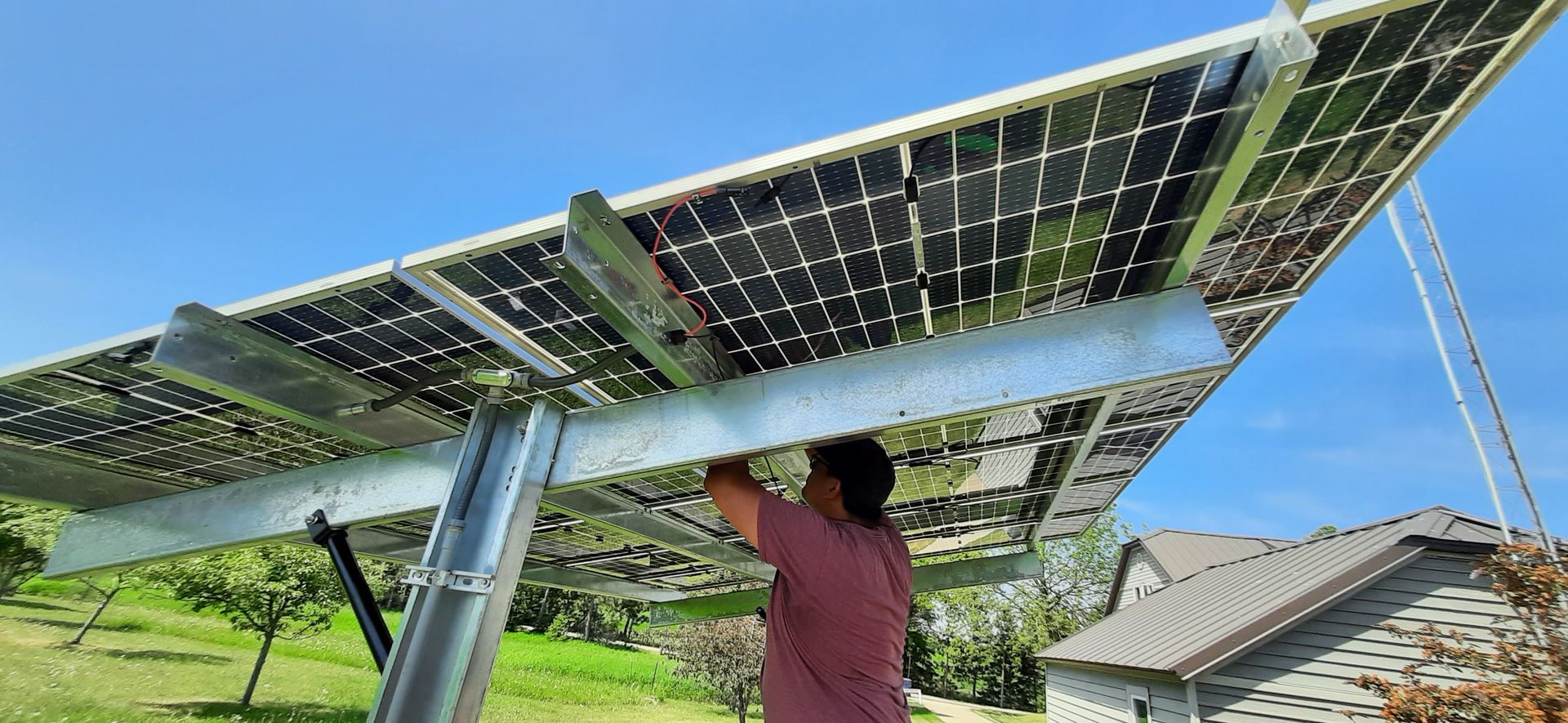


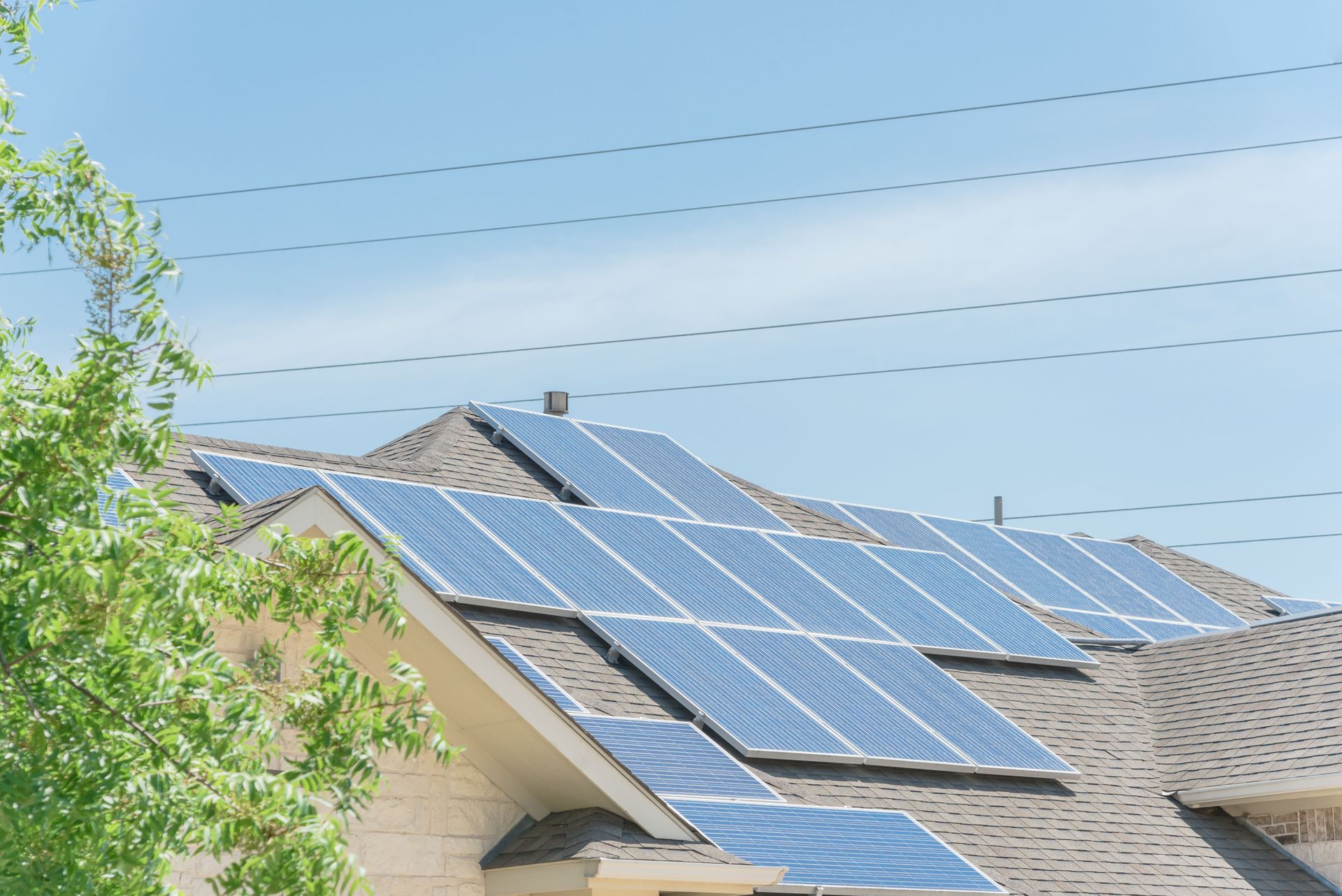
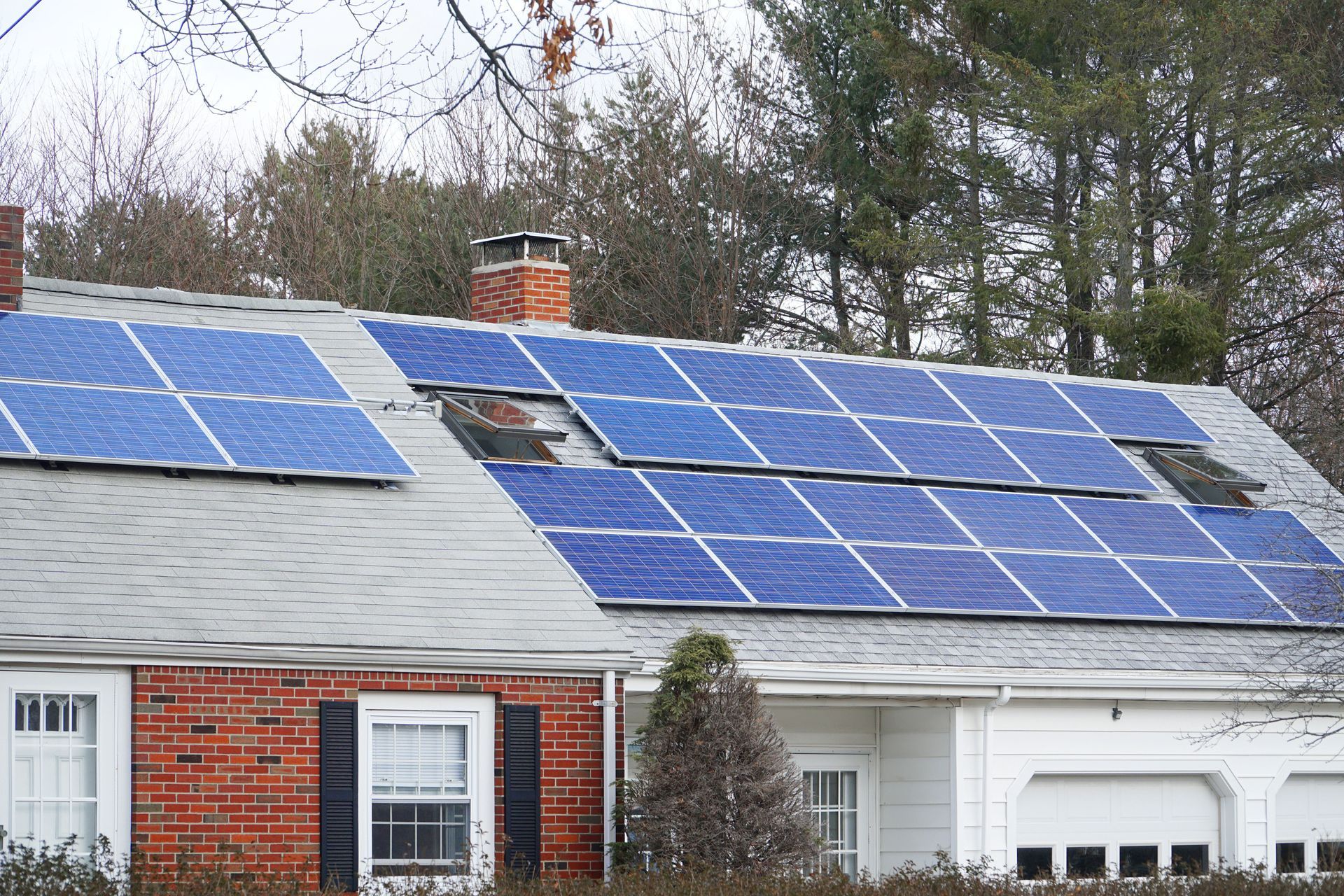


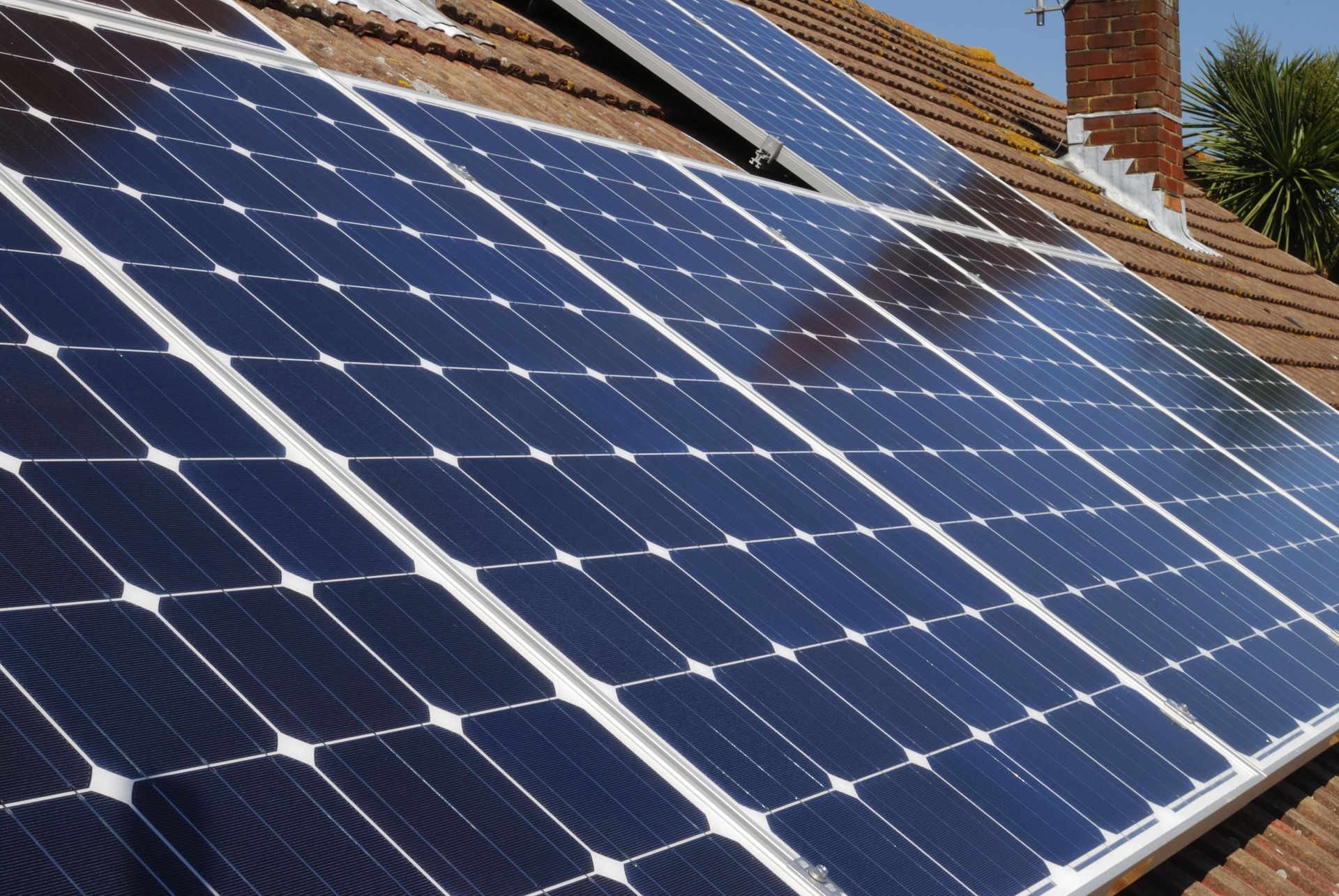
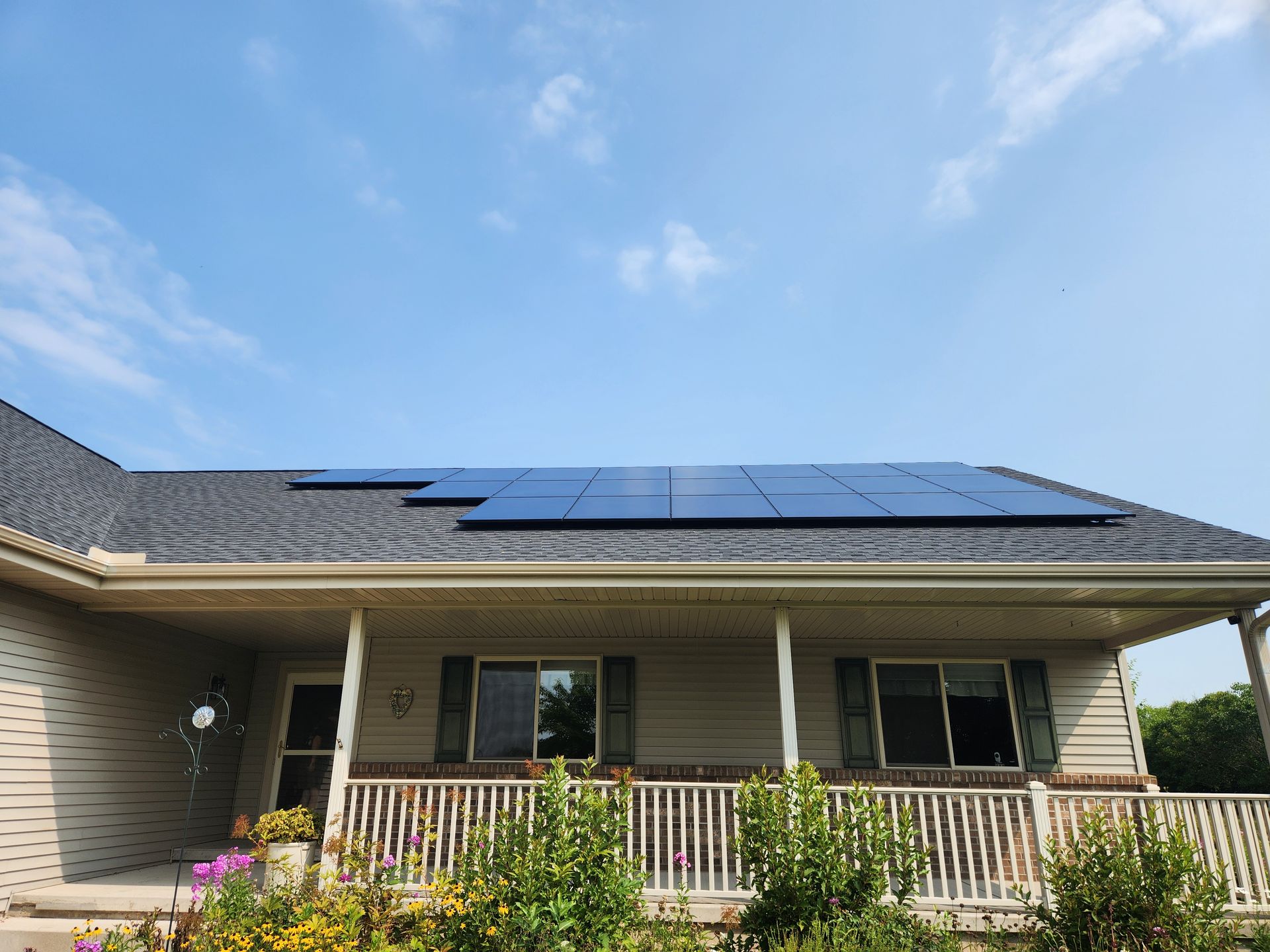


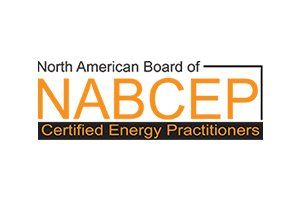
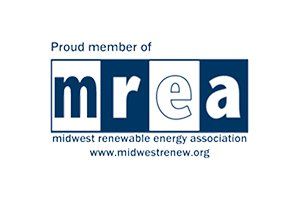


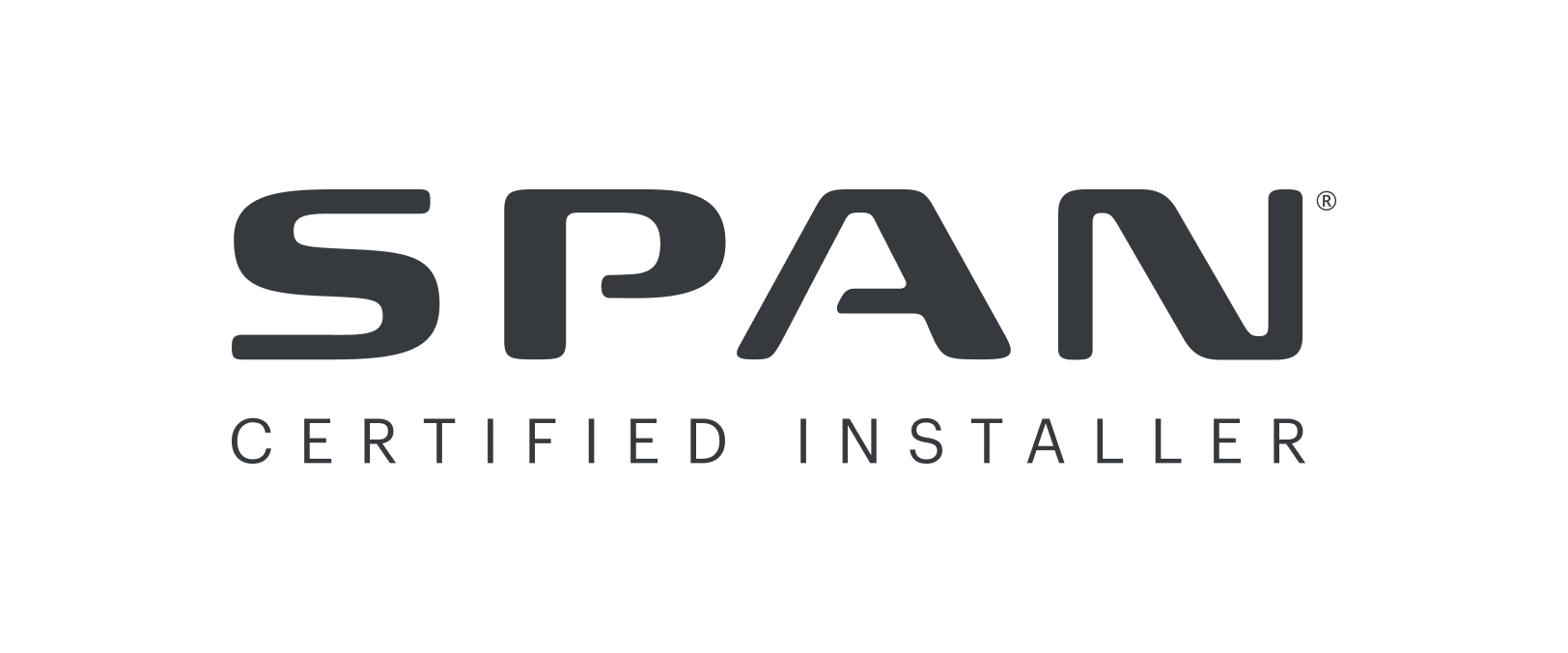

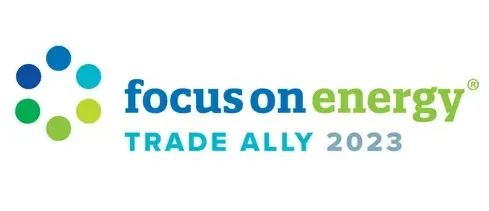





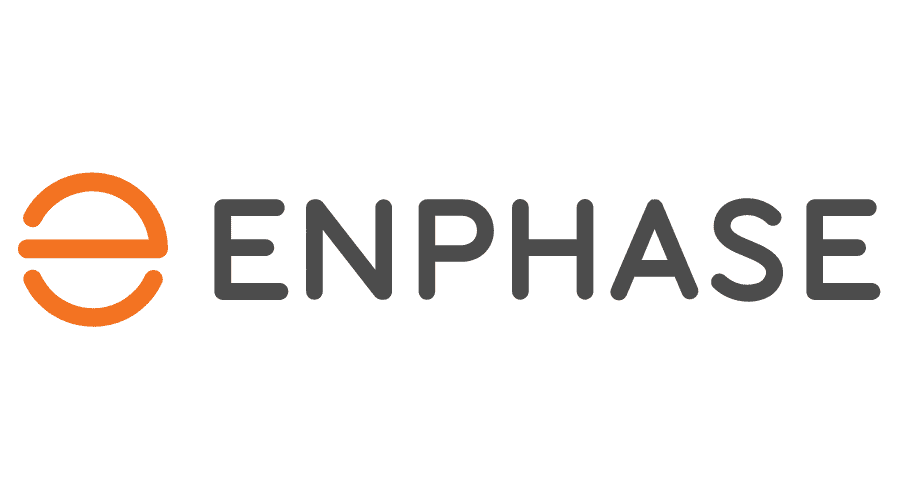
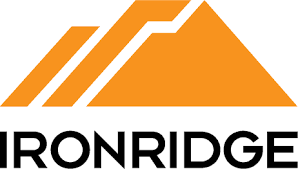




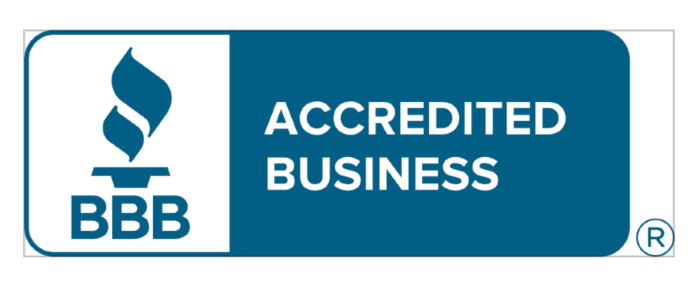
Share On: